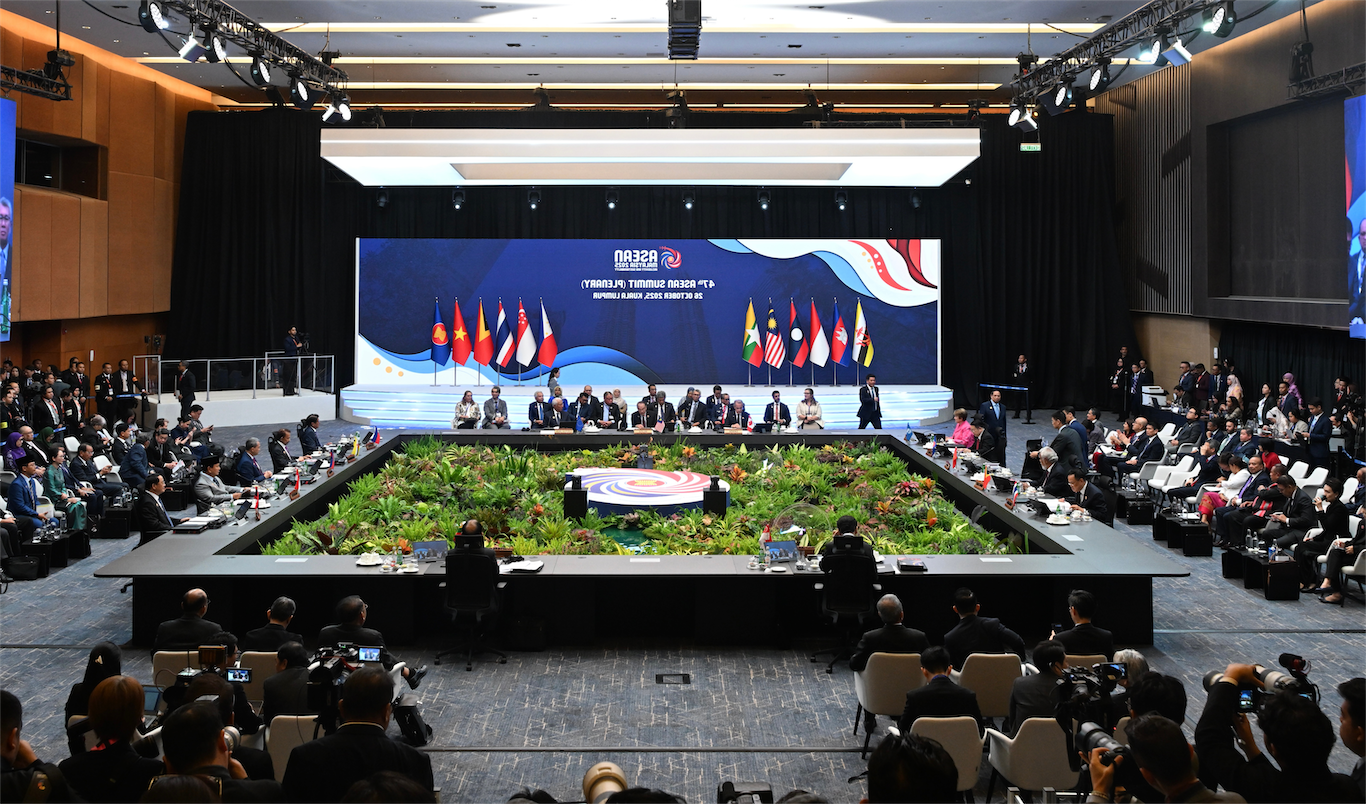Taiwan recently conducted democratic elections. William Lai Ching-Te, from the Democratic Progressive Party (DPP), was a favourite in the lead-up to these elections. This translated into a victory over his rival candidates from the Kuomintang (KMT) and the Taiwan People’s Party (TPP), in what some have referred to as a potential turning point in Cross-Strait relations.
Discourse from Beijing surrounding Lai and the DPP has been nothing short of loathing. Lai has been described as a “separatist” and a “troublemaker” due to his description of himself as a “worker for Taiwanese Independence.” Lai and the DPP officially reject Beijing’s ‘One Country, Two Systems’ principle as well as the 1992 Consensus, while also adhering to the principle that a formal Taiwanese declaration of independence is not necessary since Taiwan is already an independent state of its own. As such, Lai’s victory has drawn the ire of Chinese officials, while also raising the risk of heightened tensions across the Taiwan Strait. Add the geopolitical rivalry between the US and China into the mix, and the risk for escalation becomes even greater.







